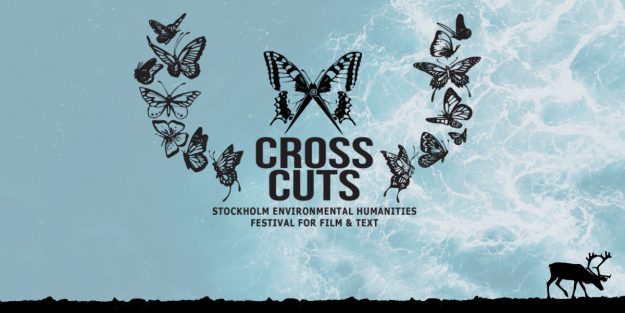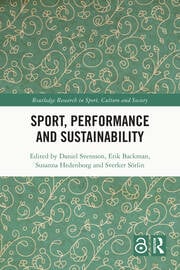
Sport, Performance and Sustainability examines the logic of “faster higher, and stronger” and the technoscientific revolution that has driven tremendous growth in the sports economy and in sport performance over the last 100 years.
The chapters provide valuable perspectives on the tensions between performance and sustainability. Co-authors include Sigmund Loland, Simon Beames, Itai Danielski, Andreas Isgren Karlsson, Jack Reed, Johan Carlsson, Isak Lidström, Bo Carlsson and Marie Larneby.
Sport, performance and Sustainability is publisehd by Routledge and written within MISTRA Sport and Outdoor – a research and collaboration programme to generate knowledge and solutions for increased sustainability in sport and outdoor recreation.
The book is due for printing now in May, but is also available open access online. Find it here: Sport, Performance and Sustainability
The Editors
Daniel Svensson is an Associate Senior Lecturer in Sport Management at the Department of Sport Sciences. He defended at the Division in 2016 with the thesis “Scientizing performance in endurance sports : The emergence of ‘rational training’ in cross-country skiing, 1930-1980,”.
Erik Backman is an Associate Professor and Senior Lecturer in Pedagogy and Sport Sciences at the Department of Sport Sciences, School of Health and Welfare, Dalarna University, Sweden, and Associate Professor at the Department of Primary and Secondary Teacher Education, Faculty of Education and International Studies, Oslo Metropolitan University, Norway.
Susanna Hedenborg is a Professor in Sport Sciences at Malmö University, Sweden, and the President of the Swedish Research Council for Sport Science.
Sverker Sörlin is a Professor of Environmental History at the Division and a co-founder of the KTH Environmental Humanities Laboratory.

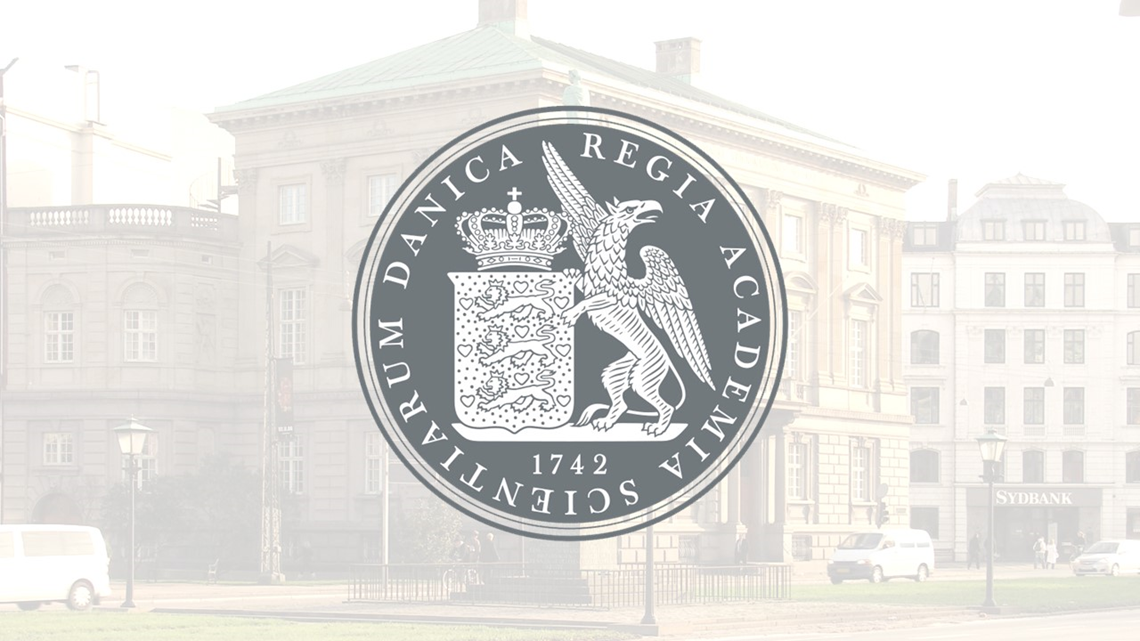

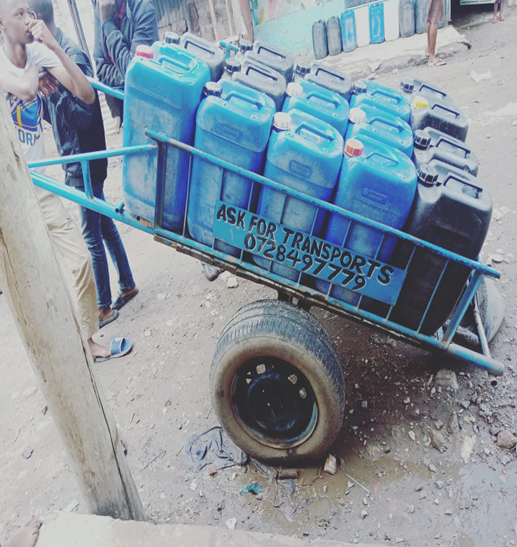
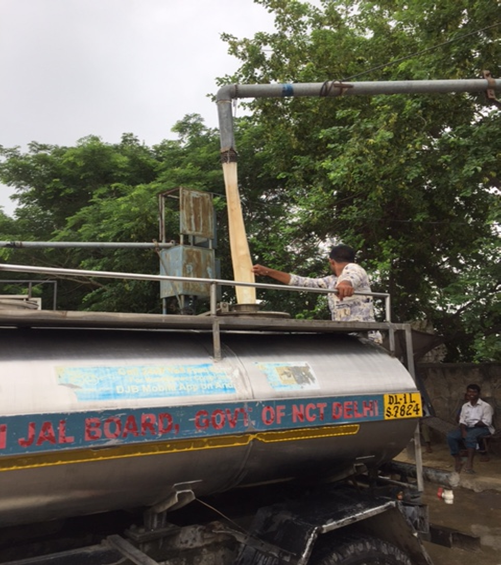
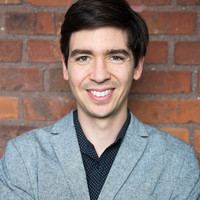




 Rob Nixon is the Barron Family Professor in Environment and Humanities at Princeton University. His books include, most recently, Slow Violence and the Environmentalism of the Poor. Nixon is currently completing a book entitled Blood at the Root. Environmental Martyrs and the Defense of Life.
Rob Nixon is the Barron Family Professor in Environment and Humanities at Princeton University. His books include, most recently, Slow Violence and the Environmentalism of the Poor. Nixon is currently completing a book entitled Blood at the Root. Environmental Martyrs and the Defense of Life.